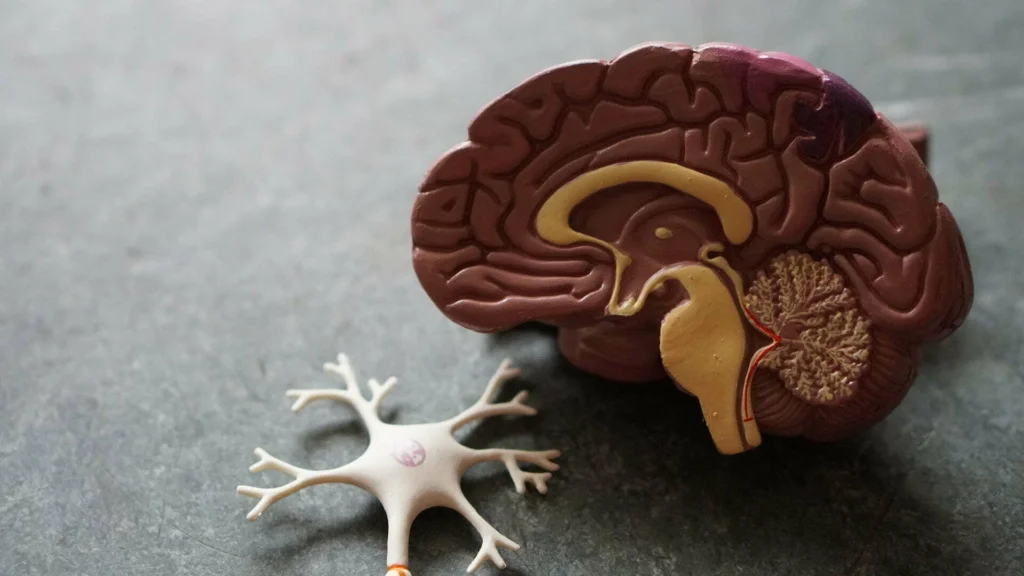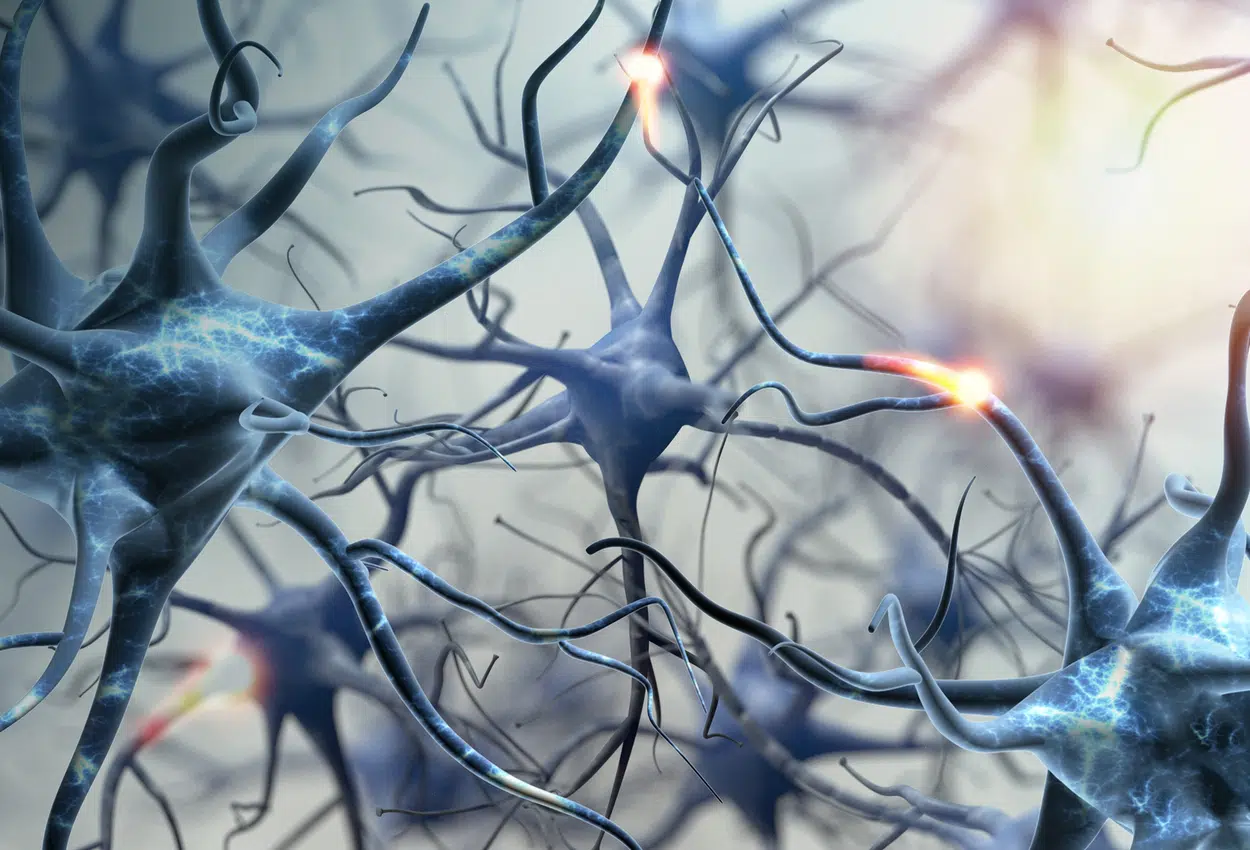With its intricate network of neurons, the human brain holds immense potential for growth and adaptation. Scientists have long sought ways to enhance cognitive function and unlock the brain’s full capabilities.
One remarkable discovery on this front is the dihexa peptide, a compound that has garnered significant attention for its potential to boost cognitive abilities. This article deals with the benefits of dihexa peptide and explores how it acts as a gateway to cognitive enhancement.
Understanding Dihexa Peptide
Dihexa peptide, also known as N-hexanoic-Tyr-Ile-(6) aminohexanoic amide. Originally researched as a potential treatment for Alzheimer’s disease, this synthetic compound belongs to a class of compounds known as angiotensin IV analogs, which are known for their neurotrophic and neuroprotective properties. What sets dihexa apart is its remarkable ability to cross the blood-brain barrier, an essential feature that enables it to access the brain directly and interact with neural tissues effectively. This capability is a significant advantage in therapeutic development, as many substances face challenges in penetrating the protective barrier that separates the bloodstream from the brain. As research on dihexa continues, scientists are exploring its full range of neurological effects and potential applications beyond Alzheimer’s disease, holding the promise of a groundbreaking advancement in neuroscience and therapeutic medicine.
Promoting Neuroplasticity

One of the key mechanisms through which this peptide enhances cognitive function is promoting neuroplasticity. Neuroplasticity refers to the brain’s ability to reorganize and form new connections between neurons. Dihexa peptide stimulates the production of brain-derived neurotrophic factor (BDNF), which is crucial in neuroplasticity. By increasing BDNF levels, this peptide facilitates the growth of new neurons and strengthens existing connections, leading to improved cognitive function.
Enhancing Memory and Learning
Memory and learning are critical components of cognitive function, and the dihexa peptide has emerged as a promising substance for enhancing these capabilities. Numerous studies have been conducted, demonstrating the positive effects of dihexa administration on spatial memory and learning in animal models. The peptide has shown the ability to improve memory consolidation, making it easier to retain and recall information effectively. These exciting findings suggest potential applications for individuals with memory impairments, such as Alzheimer’s disease or other cognitive disorders, as well as for those seeking to optimize their cognitive abilities and overall mental performance. As research continues to explore the potential benefits of dihexa peptide, it holds the promise of offering new insights into cognitive enhancement and memory-related treatments.
Neuroprotective Properties
In addition to its cognitive-enhancing effects, this peptide exhibits neuroprotective properties. It helps protect neurons from damage caused by oxidative stress and inflammation associated with various neurodegenerative disorders. By shielding neurons from harm, dihexa peptide may have implications in the prevention and treatment of Alzheimer’s disease, Parkinson’s disease, and stroke.
Some additional benefits of dihexa

Wound Healing
The product’s remarkable potential in promoting wound healing lies in its ability to accelerate tissue repair and facilitate regeneration. Through its neuroprotective and anti-inflammatory properties, it plays a vital role in creating an optimal environment for the healing process. By reducing inflammation and protecting nerve cells, it can enhance the body’s natural healing mechanisms, making it a promising therapeutic option for individuals with chronic wounds or conditions that impede normal healing processes. As ongoing research delves deeper into the product’s mechanisms and effectiveness, it offers hope for improved wound care and management, benefiting patients with various wound-related challenges.
Cardiovascular Health
The potential benefits of this peptide on cardiovascular health have sparked considerable interest in the medical community. Emerging research indicates that it may offer advantageous effects on the cardiovascular system. By improving vascular function and enhancing blood flow, the peptide exhibits promise in addressing conditions like hypertension, atherosclerosis, and various cardiovascular diseases. Its ability to positively impact blood vessels and circulation may lead to better management and prevention of these cardiovascular conditions, potentially contributing to improved overall heart health. As scientists continue to explore and unravel the peptide’s cardiovascular properties, it could pave the way for novel therapeutic approaches in cardiovascular medicine.
Anti-Aging Effects
The neuroprotective properties of dihexa peptide hold promising implications for anti-aging effects beyond cognitive function. By safeguarding neurons from damage and supporting overall neuronal health, this peptide shows potential in mitigating age-related cognitive decline and neurodegenerative processes. As research delves deeper into the peptide’s anti-aging mechanisms, it opens doors for new avenues of intervention in age-associated neurological disorders. The possibility of using dihexa peptide as a therapeutic agent for promoting healthy aging and preserving cognitive function offers exciting prospects in the field of anti-aging medicine and neuroprotection. Continued investigation into its mechanisms and effects could yield valuable insights into slowing down the aging process and enhancing brain health in the elderly population.
Pain Management

Early research findings suggest that the product holds promise as an analgesic agent, potentially offering effective pain relief. Although the precise mechanism of action in pain management requires further exploration, its initial results indicate a novel and intriguing approach to addressing chronic pain conditions. As scientists delve deeper into understanding how the product interacts with the body’s pain pathways, it may pave the way for innovative pain management strategies and therapeutic interventions. The potential application of this product in alleviating pain opens up new possibilities for improved quality of life for individuals suffering from chronic pain and underscores its significance in the realm of pain management research and treatment.
Mood and Emotional Well-being
The exploration of this peptide’s impact on mood and emotional well-being is a dynamic and evolving field of research. Preliminary evidence hints at its potential in modulating emotional regulation and its potential relevance in managing mood disorders. However, to gain a comprehensive understanding of its specific effects, further in-depth studies are imperative. As researchers continue to investigate this area, it may open doors to novel therapeutic approaches for mood-related conditions and offer insights into the complex interplay between the peptide and emotional states. The potential implications of this research may hold substantial significance in advancing mental health treatments and interventions, ultimately benefiting individuals seeking improved emotional well-being and mood stability.
Dihexa peptide represents a fascinating gateway to cognitive enhancement. Through its ability to promote neuroplasticity, enhance memory and learning, and exhibit neuroprotective effects, it can revolutionize studies on cognitive enhancement and treating neurodegenerative disorders.




